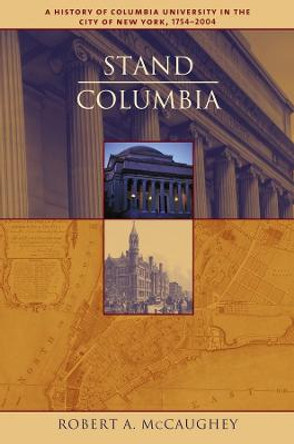Description
Chinookan peoples have lived on the Lower Columbia River for millennia. Today they are one of the most significant Native groups in the Pacific Northwest, although the Chinook Tribe is still unrecognized by the United States government. In Chinookan Peoples of the Lower Columbia River, scholars provide a deep and wide-ranging picture of the landscape and resources of the Chinookan homeland and the history and culture of a people over time, from 10,000 years ago to the present. They draw on research by archaeologists, ethnologists, scientists, and historians, inspired in part by the discovery of several Chinookan village sites, particularly Cathlapotle, a village on the Columbia River floodplain near the Portland-Vancouver metropolitan area. Their accumulated scholarship, along with contributions by members of the Chinook and related tribes, provides an introduction to Chinookan culture and research and is a foundation for future work.
About the Author
Robert T. Boyd is a research anthropologist at Portland State University and the author of The Coming of the Spirit of Pestilence. Kenneth M. Ames is professor emeritus of anthropology at Portland State University and lead author of Peoples of the Northwest Coast. Tony A. Johnson is chair of the Chinook Nation. For more information on Robert T. Boyd, go to http://roberttboyd.com/
Reviews
"It is the sort of book that will be both indispensable to any Chinookan scholar and the subject of envy by historians beyond. Although the aspiration is orthodox, and as a result expansive, this project is clearly an attempt to move beyond the constraints of the early culture-area overview, most visibly in the inclusion of Chinookan authors."
-- Andrew Martindale * BC Studies *"This excellent book...is divided into two parts, one focusing on what is known of the Chinook precontact, the other on their postcontact world. With chapters ranging from the environment, subsistence, and exchange to social organization and culture, part 1 has something for all. Of note, and certainly heartbreaking, are the chapters in the second part that discuss the politico-legal situation and history of the Chinookan peoples. Highly recommended."
* Choice *"[The book] illustrates how rich and effective tribal and academic collaborations can be. Twenty-one tribal professionals and scholars (anthropologists, archaeologists, historians) contributed deeply researched chapters to this collection, and together their entries expand existing knowledge about and interpretations of Chinook peoples."
-- Laurie Arnold * Columbia: The Journal of Northwest History *"This mature and welcome work provides lifelong academic insights concerning complex hunter-gatherers, regional social networks, ethnogenesis of modern Chinooks, comparisons of highly varied research, and strong voices of living Chinooks."
-- Jay Miller * Western Historical Quarterly *"With coverage that ranges from 10,000 or more years to the present, Chinookan Peoples of the Lower Columbia explores the Chinookan world before and after contact, the advent and impacts of disease, demographic shifts, fishing and hunting practices and rights, treaty-making, and legal decisions-just to name a few of the topics under investigation. Compellingly, what is revealed is not always what one might expect."
-- Cary C. Collins * Journal of the West *"In this impressive volume, the editors bring together the foremost scholars in the field....[A] tour de force examination of ancient and modern "ethnogensis"....This study is tight, focused, well-organized, comprehensive, even encyclopedic (in the best sense of the word)"
-- David Arnold * Pacific Historical Review *"Chinookan Peoples draws upon an impressive body of research by some of the most eminent scholars in the field. . . . [A] starting point for understanding the most important elements of Chinookan culture and history."
-- Wendi A. Lindquist * Pacific Northwest Quarterly *Book Information
ISBN 9780295995236
Author Robert T. Boyd
Format Paperback
Page Count 464
Imprint University of Washington Press
Publisher University of Washington Press
Weight(grams) 635g










